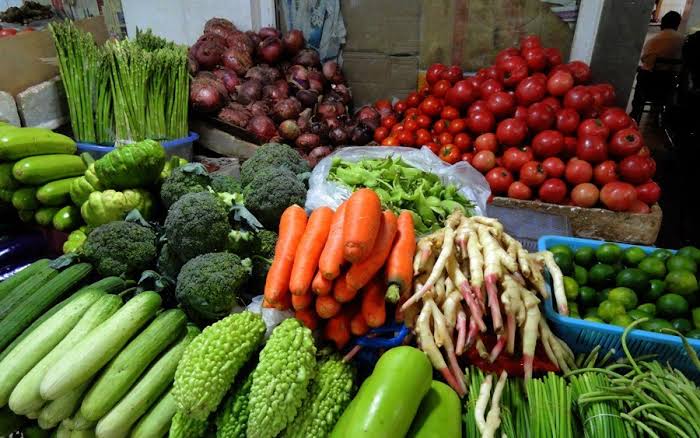
How Border closure is worsening Nigeria’s increasing inflation
The Nigerian government has finally admitted that the closure of the nation’s land borders is contributing to rising inflation.
This is according to the nation finance minister, Zainab Ahmed.
Last week, the Nigeria Bureau of Statistics (NBS) released figures that showed that the consumer price index, which measures inflation, rose to 11.61% in October, an increase of 0.36 percentage points compared to 11.24% recorded in September.
That was the exact inflation rate recorded in May 2018 when the country was recovering from the recession and high inflation rate.
At the end of the federal executive council meeting on Wednesday, Ahmed told state house correspondents that inflation rose due to hikes in food prices arising from border closure.
“On inflation, headline inflation declined every month for several months before we noticed an optic in the last two months. And now headline inflation is at about 11:61 percent as at the end of October. The slight increase in this inflation between September and October is due to food inflation,” she said.
“The food inflation we are ascribing to prices of cereals, rice and fish. And part of the reason is the border closure but the border closure is very very short and temporary and the increase is just about two basis point. Remember there was a time inflation was nine percent and it grew to about 18 percent in January 2017 when we were in recession.
“The relationship between inflation, interest rates and growth is managed by the monetary authorities and is a management that is tracked on a regular basis.
“So if you reduce interest rate you expect more borrowing for investments in the real sector. But at the same time that also has the tendency of reducing money that is used for consumption on a day to day basis.
So it’s a balance that we continue to watch on a regular basis, we expect that this will be moderated as border closure impact fizzles out and also as the monetary authorities continue to support the MPR rate therefore ensuring that interest rates are not on the high side.”
Ahmed added that closure of the border is temporary, highlighting the benefits of closing the borders.
“I need to remind us that the border closure is temporary. We have really advanced in our discussions between ourselves and our neigbours. We expect that the outcomes of those discussions and agreements is that each party will respect the protocols that we all committed to and then the borders will be open again,” she said.
“What we are doing is important for our economy. We signed up to the African Continental Free Trade Area (ACFTA) agreement, we have to make sure that we put in place checks to make sure that our economy will not be overrun as a result of the coming into effect of the ACFTA. That is why we have this border closure to return to the discipline of respecting the protocols that we all committed to.”
Call 0803 239 3958 for free financial consulting advice for your businesses.
Send your accounting articles to blog@skytrendconsulting.com.
READ ALSO!
Scammers hack UBA server, cart away N752m
Businesses With Less Than N25m Turnover Are Now VAT Exempt
Scammers hack UBA server, cart away N752m
How to get quick loans from Gtbank, Zenith, UBA, Access Bank without collateral
Access Bank non-collateralized emergency loan hits N1bn daily: How you can benefit…
VAT threshold of N25m: All you need to know
PAYE: How to calculate personal income tax
Skytrend Consulting: Financial services and accounting solutions company
VAT on online purchases: 8 Critical things you must know
READ ALSO! TraderMoni: Poverty Alleviation Or Political Leverage?